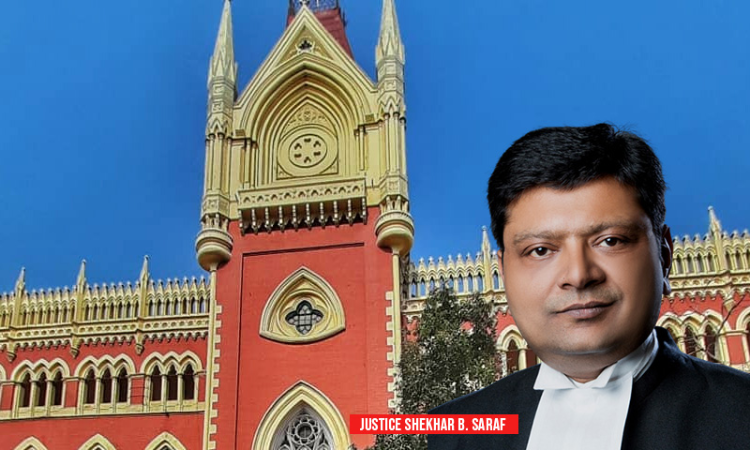The Calcutta High Court recently reiterated the principles governing HC's power/jurisdiction to review its own judgment passed in a writ plea. The Court also stressed that the Court has very limited scope to review its own rulings.The bench of Justice Shekhar B. Saraf essentially reiterated the principles of review as observed in the case of The State of West Bengal & Anr. Vs....

